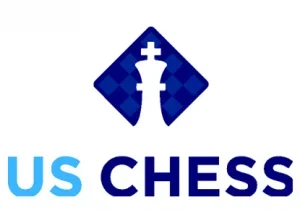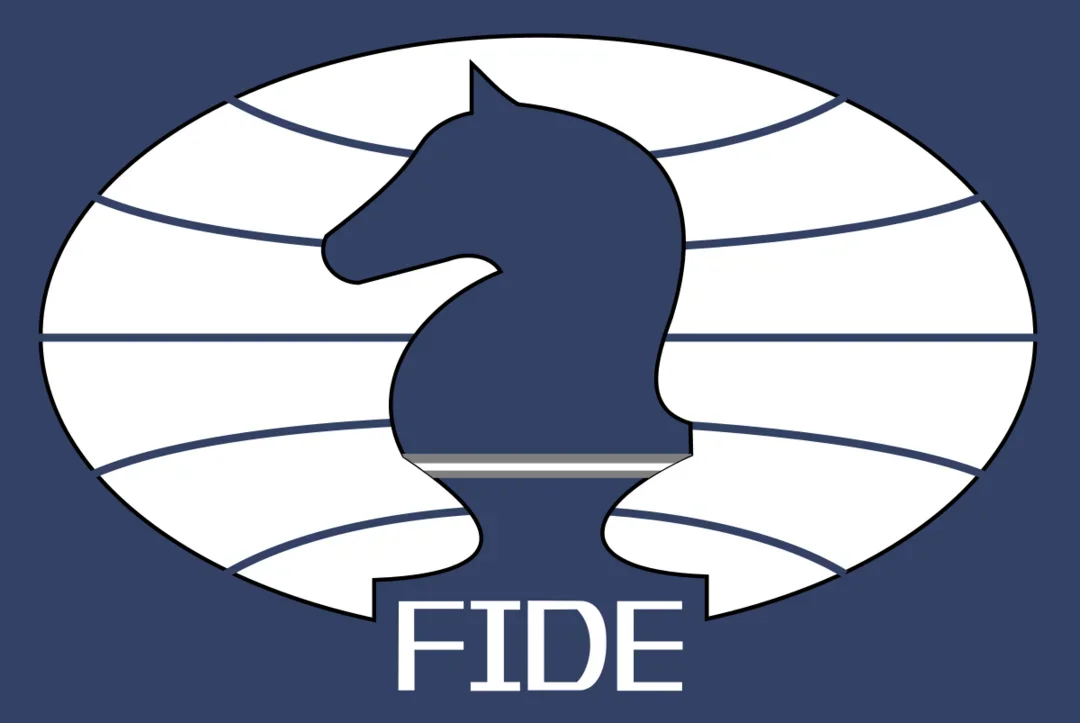Sometimes change sneaks up on us. Ever so slowly FIDE (the world chess organization) rated tournaments are arriving on the U.S. tournament landscape more often. How big of a deal is that rules wise? All of the pieces still move the same way in both organizations. But there are some tournament procedures that are markedly different. Ken Ballou is an NTD (National Tournament Director), an IA (International Arbiter) and the current chair of the U.S. Chess Rules Committee. He has compiled a detailed summary of those differences. FIDE requires FIDE rated tournaments to follow FIDE laws. So, every player and arbiter (the FIDE term for TD) should be familiar with these FIDE tournament variations to US Chess tournaments. How different are some of these tournament procedures? Let us take a peek at the more common showdowns (click on the summary link for Ken’s complete detailed list of major and minor rules differences):
The TD/Arbiter Job
US Chess: Our Federation has a “hands off” policy when it comes to TDs interjecting themselves into a game. Only the players can make claims like “flag falls,” “draws,” etc. TDs may correct illegal moves up until the last five minutes of the game—then we are back to the “players only make claims” rule.
FIDE: Arbiters have a lot more wiggle room when it comes to breaking into a game. They can call “flag falls,” “touch move violations,” “draws,” etc. at pretty much any point in the game, even during time pressure.
Electronic Devices
US Chess: Devices are allowed into the tournament room if they are completely shut off. Penalties are pretty much left up to the TD.
FIDE: No devices are allowed in the tournament room. The player violating this rule can pretty much expect to lose their game. The wiggle room here is that at FIDE events the organizer may allow electronic devices if they are powered off and in the wood pusher’s bag throughout the contest. But I would not count on this wiggle room for an event that awards a FIDE title.
Scoresheets
US Chess: Make the move and then record it is the basic rule. There is a paper scoresheet variation that allows for writing the move and then completing it on the board.
When either player has only five minutes left on their clock, both contestants can stop recording their moves.
A complete scoresheet (minus only three move pairs) is required to prevail in a game winning claim. In non-sudden death time controls a wood pusher can even call his own flag to stop his opponent from filling in any missing moves on the claimant’s score. Only the claimant’s scoresheet can be used to determine if the claim is valid.
FIDE: Without any variation at all players MUST make the move on the board and only then record it.
Contestants can stop taking notation ONLY if their own clock displays five minutes or less.
An incomplete scoresheet can win on time. There is no “calling your own flag” rule that stops either player from filling in any missing moves on their scoresheet. Both scoresheets can be used to determine if the claim is valid. Arbiters are allowed to take score for the players in time pressure and then “call the flag.”
Odds and Ends
US Chess: TDs can penalize a player for making illegal moves—as many times as necessary.
There is no rule requiring the use of only one hand to make moves (except for Blitz).
Touching the king first is the rulebook norm for castling. There is a variation that allows chess players to touch the rook first.
Inverted rooks can be used as queens when a pawn promotes.
FIDE: The first time a player makes an illegal move the opponent receives an additional two minutes of playing time. The next time the same player makes an illegal move, they lose the game.
Using both hands to make a move is illegal.
Castling requires that the player touch the king first. Touching the rook first is a rook move, not castling.
Inverted rooks CANNOT be used as queens when a pawn promotes.
The free, updated as of 1-1-20, US Chess Rules (Chapters 1+2+11 from the 7th edition rulebook) are now downloadable and available on-line. Past “Just the Rules” columns can be viewed here.
Tim Just is a National Tournament Director, FIDE National Arbiter, and editor of the 5th, 6th, and 7th editions of the US Chess Rulebook. He is also the author of My Opponent is Eating a Doughnut & Just Law, which are both available from US Chess Sales and Amazon/Kindle. Additionally, Tim recently revised The Guide To Scholastic Chess, a guide created to help teachers and scholastic organizers who wish to begin, improve, or strengthen their school chess program. Tim is also a member of the US Chess Rules Committee. His new column, exclusive to US Chess, “Just the Rules” will help clarify potentially confusing regulations.
Categories
Archives
- January 2026 (6)
- December 2025 (27)
- November 2025 (29)
- October 2025 (39)
- September 2025 (27)
- August 2025 (29)
- July 2025 (43)
- June 2025 (25)
- May 2025 (24)
- April 2025 (29)
- March 2025 (29)
- February 2025 (20)
- January 2025 (24)
- December 2024 (34)
- November 2024 (18)
- October 2024 (35)
- September 2024 (23)
- August 2024 (27)
- July 2024 (44)
- June 2024 (27)
- May 2024 (31)
- April 2024 (51)
- March 2024 (34)
- February 2024 (25)
- January 2024 (26)
- December 2023 (29)
- November 2023 (26)
- October 2023 (37)
- September 2023 (27)
- August 2023 (37)
- July 2023 (47)
- June 2023 (33)
- May 2023 (37)
- April 2023 (45)
- March 2023 (37)
- February 2023 (28)
- January 2023 (31)
- December 2022 (23)
- November 2022 (32)
- October 2022 (31)
- September 2022 (19)
- August 2022 (39)
- July 2022 (32)
- June 2022 (35)
- May 2022 (21)
- April 2022 (31)
- March 2022 (33)
- February 2022 (21)
- January 2022 (27)
- December 2021 (36)
- November 2021 (34)
- October 2021 (25)
- September 2021 (25)
- August 2021 (41)
- July 2021 (36)
- June 2021 (29)
- May 2021 (29)
- April 2021 (31)
- March 2021 (33)
- February 2021 (28)
- January 2021 (29)
- December 2020 (38)
- November 2020 (40)
- October 2020 (41)
- September 2020 (35)
- August 2020 (38)
- July 2020 (36)
- June 2020 (46)
- May 2020 (42)
- April 2020 (37)
- March 2020 (60)
- February 2020 (38)
- January 2020 (45)
- December 2019 (34)
- November 2019 (35)
- October 2019 (42)
- September 2019 (45)
- August 2019 (56)
- July 2019 (44)
- June 2019 (35)
- May 2019 (40)
- April 2019 (48)
- March 2019 (61)
- February 2019 (39)
- January 2019 (30)
- December 2018 (29)
- November 2018 (51)
- October 2018 (45)
- September 2018 (29)
- August 2018 (49)
- July 2018 (35)
- June 2018 (31)
- May 2018 (39)
- April 2018 (31)
- March 2018 (26)
- February 2018 (33)
- January 2018 (30)
- December 2017 (26)
- November 2017 (24)
- October 2017 (30)
- September 2017 (30)
- August 2017 (31)
- July 2017 (28)
- June 2017 (32)
- May 2017 (26)
- April 2017 (37)
- March 2017 (28)
- February 2017 (30)
- January 2017 (27)
- December 2016 (29)
- November 2016 (24)
- October 2016 (32)
- September 2016 (31)
- August 2016 (27)
- July 2016 (24)
- June 2016 (26)
- May 2016 (19)
- April 2016 (30)
- March 2016 (36)
- February 2016 (28)
- January 2016 (32)
- December 2015 (26)
- November 2015 (23)
- October 2015 (16)
- September 2015 (28)
- August 2015 (28)
- July 2015 (6)
- June 2015 (1)
- May 2015 (2)
- April 2015 (1)
- February 2015 (3)
- January 2015 (1)
- December 2014 (1)
- July 2010 (1)
- October 1991 (1)
- August 1989 (1)
- January 1988 (1)
- December 1983 (1)










